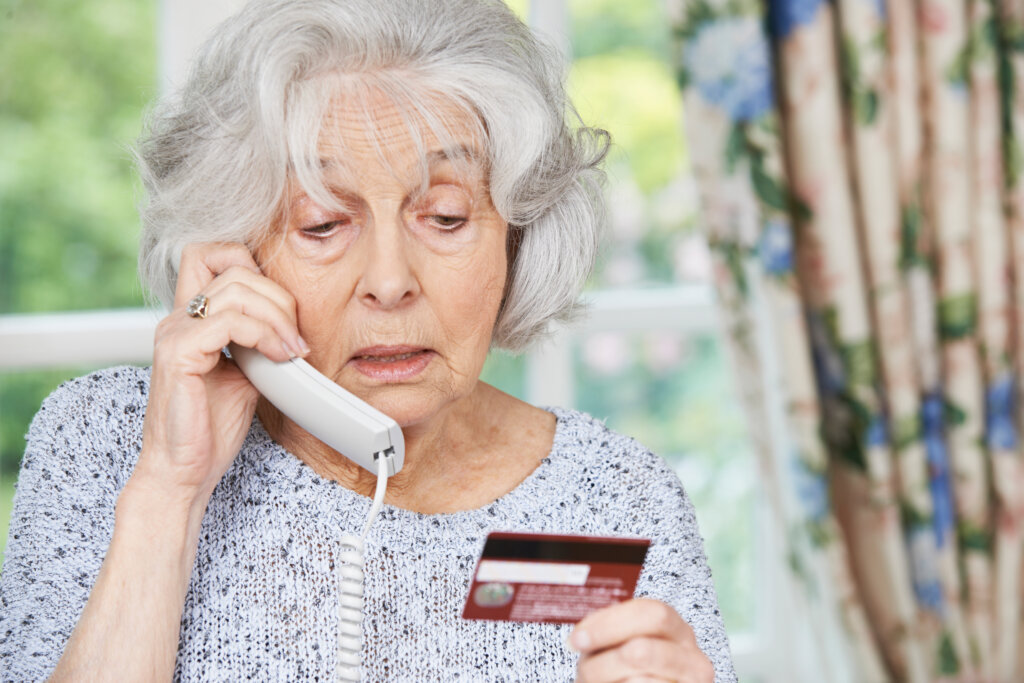When someone tells you there is free money available from the government, you are right to be skeptical. These kinds of free money offers are often hallmarks of a scam. The situation is a bit more complex and far more nuanced in the case of unclaimed property. You need to know how to avoid unclaimed money scams.
The truth is that there could be free money waiting for you, funds that are currently held in state coffers. Funds that actually belong to you! From tax refunds that were never cashed to old bank accounts long forgotten, these funds are real – and the state does indeed keep track of them.
The fact that unclaimed property is real is reassuring. That does not mean you can let your guard down. Any time there is money available there are scams. Avoiding those unclaimed money scams is essential for your financial well-being.
The Anatomy of an Unclaimed Money Scam
It is helpful to look at one particular scam in order to understand how unclaimed property scams work and what to look for. The anatomy of an unclaimed property scam can be complicated, but breaking it down to its component parts can make it easier to understand.
This particular unclaimed property scam originated with a phone call, a communication that claimed to come from the unclaimed property division of the state. This gave the scam an air of legitimacy, one that was enough to ensure some otherwise cautious victims.
Request for Untraceable Forms of Payment
When the caller got a would-be victim on the phone, they told them that they were the recipient of unclaimed funds and that the money was theirs – with a catch. If the person on the receiving end of the call believed the caller, they were next instructed to purchase a reloadable prepaid debit card, a frequent tactic among scammers of all stripes.
In this particular scam, the victims were told that the money they loaded onto the prepaid debit card would be used to pay fees associated with the claiming of their cash, something that is not required by the state. Victims who fell for the scam were instructed to mail the prepaid cards they purchased to a specific address, but it was not the real address of the treasury department, and any money they spent on the cards was likely gone forever.
State Outreach Efforts Can Complicate the Matter
Further complicating the matter is the fact that the state actually does reach out to residents who may have unclaimed property coming their way. This kind of outreach can be very important. Many people who legitimately own cash and other property will not search the database to claim their funds.
It is important to note that the letters the state sends out are sent out on official stationery. That official letter includes detailed information on how to file a claim and get the money. What the letter does not include is a request for either money or personal information. These are things the state would never ask for.
Cause for Suspicion
Residents should be suspicious of any communication they receive be it in the mail, by email, via text or over the phone, asks for personal information, especially things the state would already know, like Social Security numbers or addresses. This kind of request is a big red flag, and it is one that recipients should take very seriously.
Those who do receive these types of communications are encouraged to reach out to the state and to local law enforcement. These types of crimes are taken very seriously. Avoiding these unclaimed money scams is the best way to stop them in their tracks.




Comments